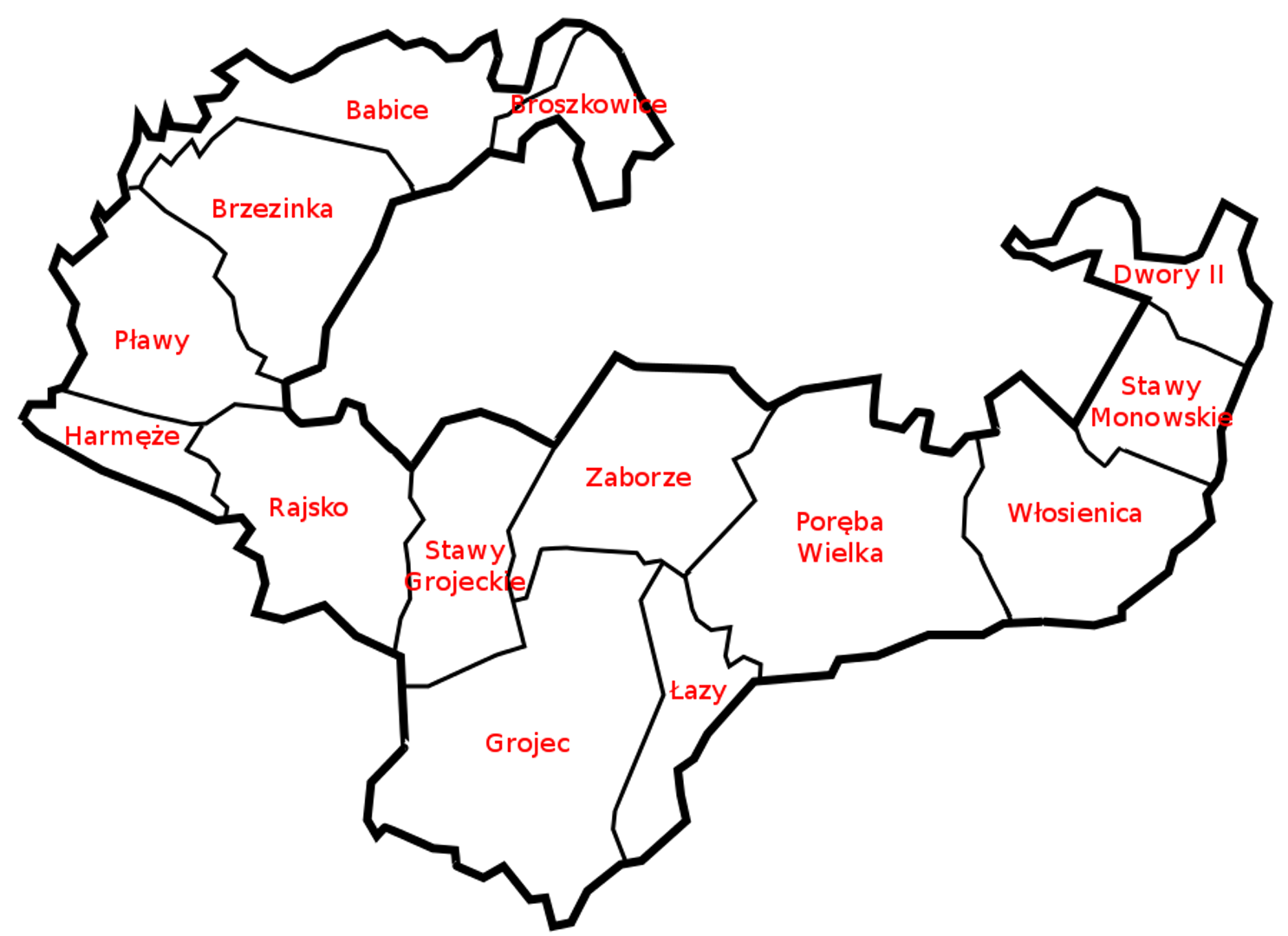Auschwitz
6.05

Overview
Oświęcim, a rural commune in the Lesser Poland Voivodeship, located in the Oświęcim County, is primarily known for its rich history and cultural diversity. This is a place where history intertwines with modernity – from 1975 to 1998, the commune was part of the Bielsko Voivodeship. The seat of the commune is the city of Oświęcim, known worldwide for Auschwitz-Birkenau, a Holocaust memorial site that remains symbolically significant to human history. According to demographic data, in 2023, the commune had a population of 18,969, though the number of people present in the area may reach up to 20,000. The commune covers an area of 74.81 km², a significant portion of which is agricultural land, highlighting the importance of farming in the region. The commune comprises 13 localities, organized into village administrative units (sołectwas), such as Babice, Brzezinka, and Harmęże, each with its unique characteristics. The region's diverse architecture, featuring traditional rural houses and public utility buildings, reflects the local construction style. The culture of Oświęcim is expressed through numerous local events, festivals, and exhibitions that bring the community together and promote the region's heritage. Additionally, the commune boasts rich traditions, making it a place of profound historical value. Interestingly, Łazy, a non-administrative village, is part of the Grojec sołectwo, underscoring the commune's complex local structure. Oświęcim is not only a place with a tragic past but also a dynamically developing commune that blends history and modernity while preserving local traditions.
Location
2026 Wizytor | All Rights Reserved



